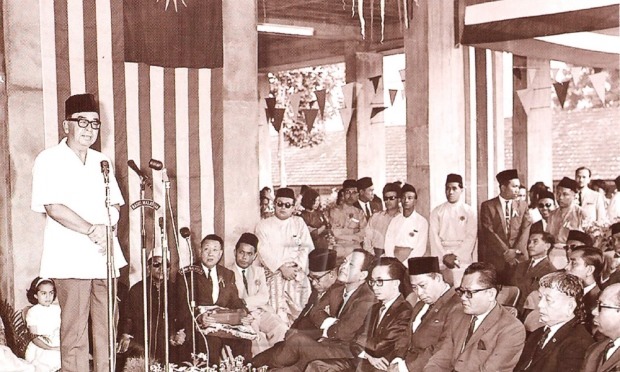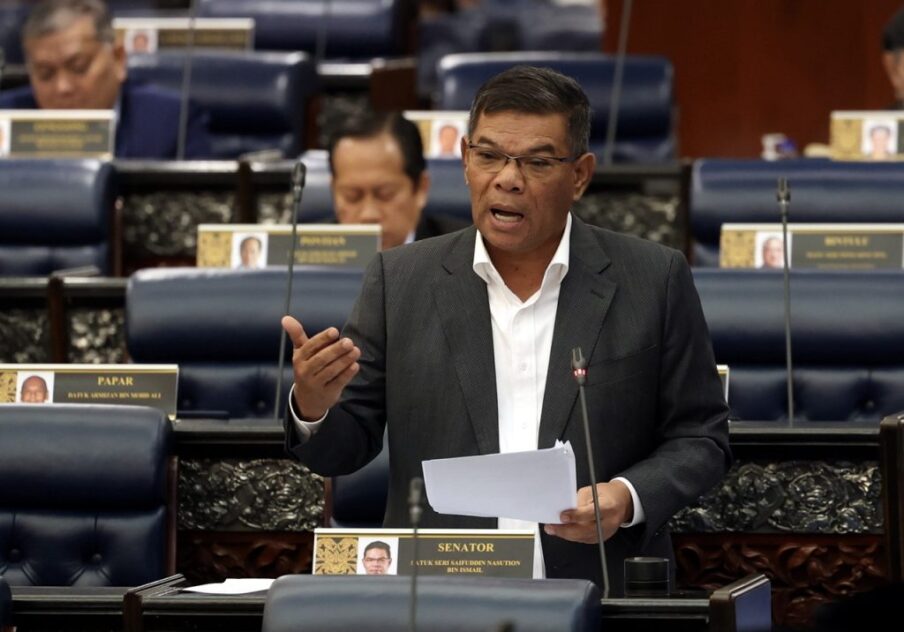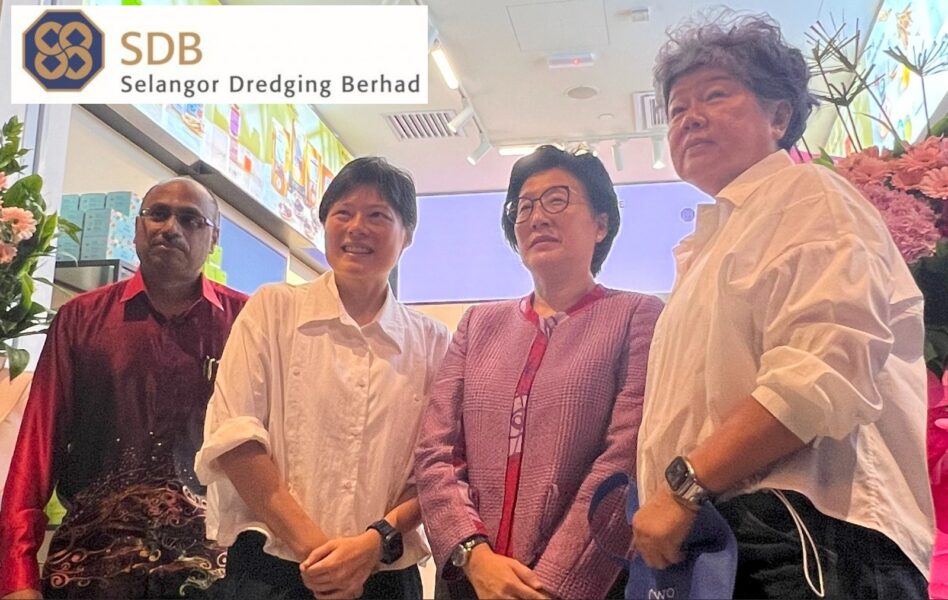Main pic caption: The maiden Bumiputra Economic Congress (BEC) held on June 5, 1965 was graced by the then prime minister Tunku Abdul Rahman in Kuala Lumpur.
WHY is there a necessity for Prime Minister (PM) Datuk Seri Anwar Ibrahim to answer the question on whether the scheduled Bumiputra Economic Congress (BEC) 2024 might review the Article 153 of the Federal Constitution?
Article 153 empowers the Yang di-Pertuan Agong (YDPA) to grant special privileges to Malays and natives in the states of Sabah and Sarawak.
The special privileges under the Federal Constitution have been translated into special quotas in civil service, scholarships and financial grants for the Malays and natives of Sabah and Sarawak.
A pertinent question was posed by the PKR Pasir Gudang MP Hassan Karim as to whether Article 153 of the Federal Constitution should be reviewed given the fact that the Bumiputra community might not have fully benefitted from the constitutional special privileges.
However, Anwar having called for an inclusive approach to the BEC on the grounds of invitation extended to non-Malays and the need to address the question of poverty was quick to jump into the defence of the non-negotiable nature of the constitutional provision on special privileges.
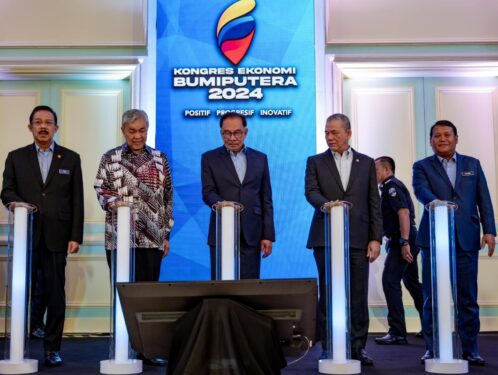
Open discussion is healthy
It should not be forgotten that it was not Hassan or others who laid the ground for the emergence of the questions on the special privileges for the Malays and other natives.
It was primarily Anwar who called for the inclusive nature of the BEC with the invitation of non-Malays that laid the basis for questions like the one raised by Hassan.
In fact, I, too, raised the question of how inclusive will the BEC 2024 be. It is the magical or meaningless word “inclusive” that probably caused Hassan to raise the question on Article 153 of the Federal Constitution.
It doesn’t take rocket science to realise that the special privileges for the Malays and others might not uniformly benefitted them.
In the case of the Malays, the beneficiaries of the constitutional privileges have been those coming from the middle and upper middle sections of the Malay community. In other words, the special privileges accorded to Malays and other Bumiputras benefited the elites.
This has been long recognised as one of the fundamental problems of the New Economic Policy (NEP) that was introduced in the aftermath of the 1969 racial riots.
In the quest to ensure that the Malays and natives of Sabah and Sarawak benefit evenly, there is nothing wrong to discuss the constitutional provision in terms of ensuring that there is less class and regional differentiation when it comes to the disbursement of special benefits.
Discussing Article 153 critically does not mean the call for the removal of the Article 153 of the Federal Constitution.
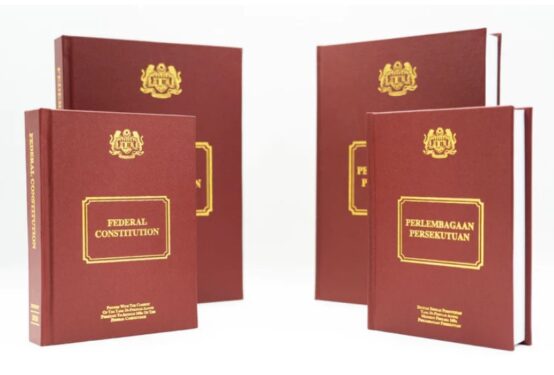
‘Superficially inclusive’ event
The forthcoming BEC provides a golden opportunity for the government to discuss the constitutional provision of special privileges.
I don’t understand why Anwar was quick on the draw when it came to the defence of Article 153.
There was no necessity for him to say loudly that the BEC would not touch on the constitutional safeguard. The Federal Constitution is not something carved in stone, hence what is so wrong rectifying certain clauses or to discuss the matter openly?
As far as the coming BEC is concerned, it is going to be another hum drum activity that will oscillate between race and religion. It will be superficially inclusive on the basis of having the attendance of some non-Malay representatives.
That is all.
What is the use of the non-Malays attending when they will not be able to discuss or debate on the issues raised in the BEC. It appears that non-Malay presence in the BEC will be a stage-managed window dressing to illustrate Anwar’s “inclusive” approach to the BEC.
I wonder whether the non-Malay representatives will be proud of their attendance.
Anwar talks more than the other former PMs of the country. But despite this, there is a gap on what he says and what he does. He might want to show that he is a different PM to others before him but in reality, is he that different? – Feb 21, 2024
Former DAP stalwart and Penang chief minister II Prof Ramasamy Palanisamy is chairman of the Urimai (United Rights of Malaysian Party) interim council.
The views expressed are solely of the author and do not necessarily reflect those of Focus Malaysia.


